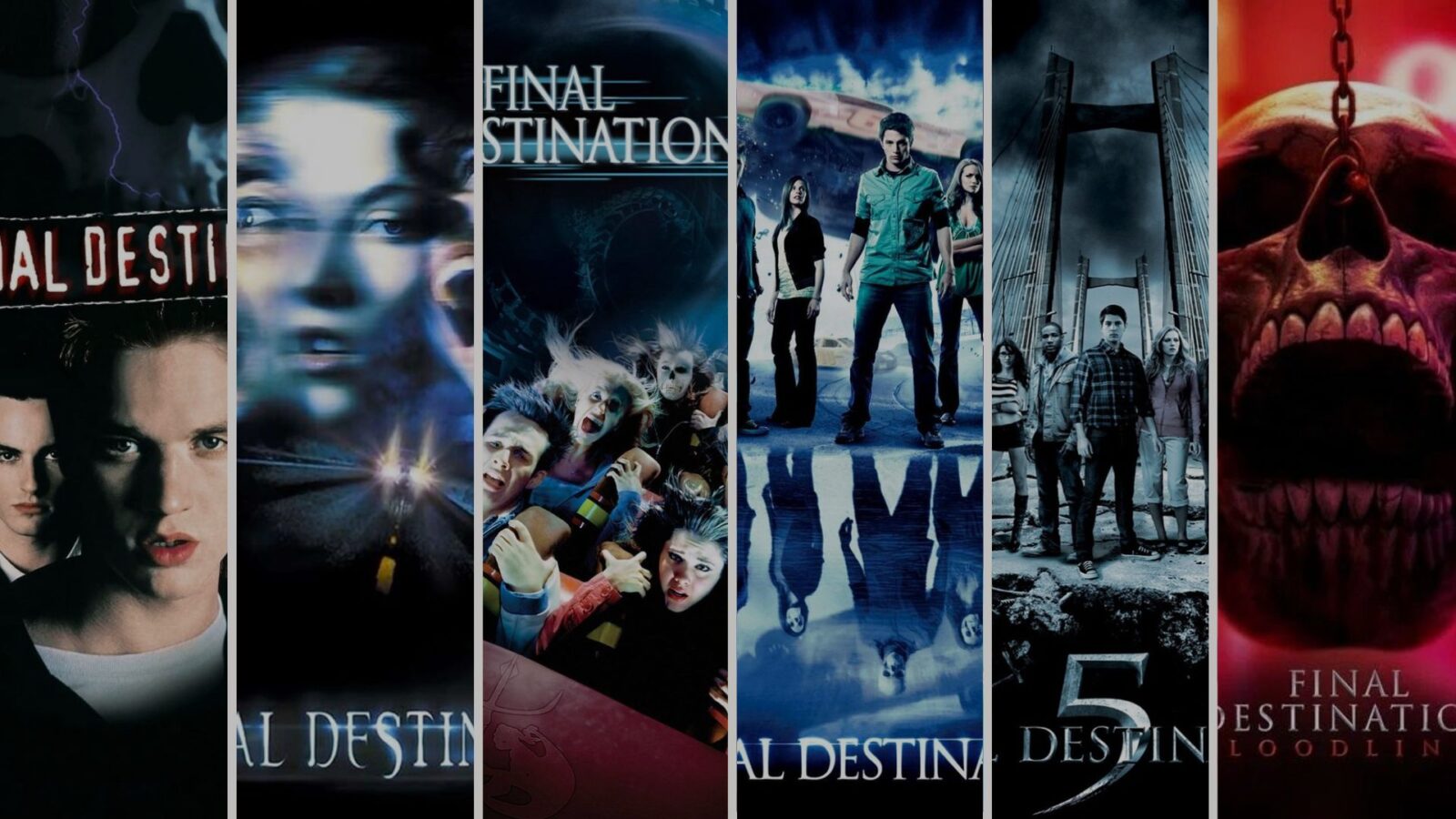
🎬 The Final Destination series is legendary in horror cinema for one unmistakable feature: its creative and shocking death scenes. These Final Destination iconic deaths aren’t just plot points — they’re elaborate, suspense-filled set pieces that leave audiences both terrified and awestruck. Each death is a twisted choreography of fate’s inescapable grasp, turning ordinary objects and moments into instruments of terror.
Why Final Destination Deaths Stand Out
Unlike typical horror movie kills, the deaths in Final Destination are methodically crafted to feel both plausible and unexpected. The franchise is built around the premise that Death itself is hunting survivors who cheated their fate, and it uses ordinary settings and everyday items — like flying shards of glass, falling signs, or tangled wires — to execute its grim designs. This unique concept taps into a primal fear: that death can strike anywhere, at any moment, in the most bizarre ways.
The Anatomy of Iconic Death Scenes
Every death scene in Final Destination follows a meticulous pattern — subtle clues and minor accidents snowball into catastrophic, often Rube Goldberg–style sequences where cause and effect lead to the victim’s demise. This slow build-up heightens suspense and keeps viewers glued, anticipating the fatal twist. The tension is almost unbearable, as even the smallest action can trigger the chain reaction.
Examples of Unforgettable Deaths
-
Final Destination (2000): The opening plane explosion is instantly iconic — an intense, heart-pounding sequence that sets the tone for the series. The unexpectedness of a routine flight turning into a fiery death trap remains etched in horror history.
-
Final Destination 2 (2003): The highway pile-up death scene stands out for its chaotic realism and nerve-wracking suspense. From spilled chemicals to malfunctioning safety barriers, it’s a masterclass in escalating disaster.
-
Final Destination 3 (2006): The roller coaster crash is one of the most visually intense deaths, where malfunctioning safety equipment and frayed wires combine to create a terrifying spectacle.
-
Final Destination 4 (The Final Destination) (2009): The meat slicer scene in the processing plant is disturbingly creative, showcasing how industrial settings become death traps.
-
Final Destination 5 (2011): The bridge collapse scene escalates tension masterfully, combining realistic engineering failures with the series’ trademark fatalistic style.
The Psychology Behind the Fear
Final Destination taps into a universal fear of the unpredictability of death. Its elaborate death sequences remind us that fate is unavoidable, and trying to cheat it only delays the inevitable. This fatalistic theme resonates deeply, making the Final Destination iconic deaths feel personal and haunting rather than mere spectacle.
📌 Influence on Horror Cinema and Pop Culture
The franchise’s innovative approach to death scenes has influenced countless other films and media. Its mix of suspense, gore, and creative choreography set a new standard for horror deaths — inspiring filmmakers and captivating audiences worldwide.
❓ Frequently Asked Questions (FAQ) about Final Destination Iconic Deaths
Q1: What makes the death scenes in Final Destination so iconic?
The Final Destination iconic deaths are famous for their elaborate and suspenseful sequences where everyday objects and situations lead to unexpected fatal accidents. The creative choreography and buildup of tension make these deaths uniquely memorable in horror cinema.
Q2: How does Final Destination portray the concept of fate?
The franchise centers on the idea that fate is unavoidable. Characters who cheat death are relentlessly pursued by it, leading to meticulously planned death scenes that emphasize the inevitability of fate’s design.
Q3: Are the death scenes in Final Destination realistic?
While highly stylized and dramatic, the deaths are grounded in plausible scenarios involving cause-and-effect chain reactions. This realism mixed with horror amplifies the fear factor for audiences.
Q4: How has Final Destination influenced other horror movies?
The franchise set a new standard for creative death scenes, inspiring many horror films to focus on suspenseful, intricate kills rather than just gore. Its fatalistic theme and unique storytelling have impacted horror narratives worldwide.
Q5: Where can I learn more about the making of Final Destination’s death scenes?
You can explore detailed behind-the-scenes insights and interviews on platforms like IMDb and The Criterion Collection, which provide in-depth analyses and production details for many influential films.
Conclusion: The Legacy of Final Destination Deaths
The Final Destination iconic deaths transformed the way death is portrayed in horror, turning each fatal moment into an event filled with suspense, creativity, and dread. These iconic death scenes remain a high point in horror cinema, illustrating how fate and fear can combine to create unforgettable storytelling. Whether you’re a horror fan or a student of film, the Final Destination iconic deaths offer a unique glimpse into the art of suspenseful death scenes.




